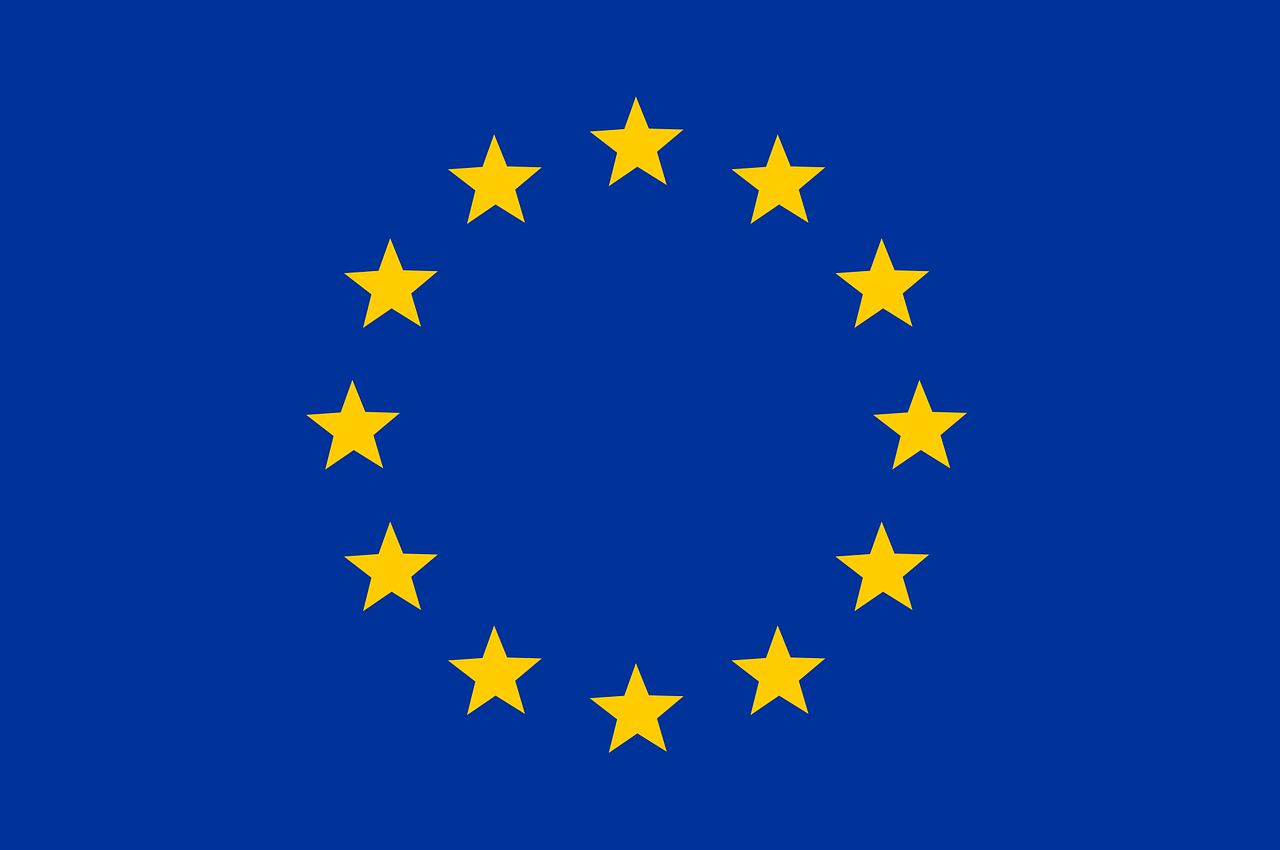
403
Sorry!!
Error! We're sorry, but the page you were looking for doesn't exist.
EU chiefs decide to militarize
(MENAFN) In a notable shift in direction, European Union leaders have signaled their intention to bolster defense capabilities and address the escalating tensions in regions like Donbass without committing to direct military intervention. This strategic recalibration comes amidst deliberations on increasing defense spending and deliberations on the fate of Russian assets frozen in the wake of geopolitical conflicts.
The European Union's foreign policy commissioner, Josep Borrell, underscored the imperative of avoiding unnecessary escalation and assuaging public concerns, particularly in light of recent statements by French President Emmanuel Macron hinting at the possibility of deploying troops in Ukraine. While such rhetoric may appear indecisive from the Kremlin's perspective, it underscores a broader reassessment of security priorities within the Western European bloc.
The forthcoming European Union summit holds significant implications, transcending mere deliberations over asset freezes to address fundamental shifts in defense strategy. At its core lies a historic discourse on transitioning towards a militarized economy, marking a departure from traditional paradigms of defense and security relations. European Council President Charles Michel has emphasized the urgent need for such a transition, highlighting the stark reality of Western Europe's unpreparedness for conflict and the pressing need for strategic reorientation.
Amidst previous priorities centered on climate initiatives, gender equality, and multiculturalism, the specter of military threat was relegated to the background. However, the evolving geopolitical landscape has necessitated a recalibration of priorities, prompting European Union leaders to confront the reality of emerging security challenges. This necessitates not only a reevaluation of economic and political metrics but also a concerted effort to engender public confidence in the face of perceived threats.
As the European Union grapples with the complexities of this paradigm shift, the road ahead is fraught with challenges and uncertainties. Balancing the imperatives of defense preparedness with existing policy frameworks will require careful navigation and consensus-building among member states. Moreover, the task of reconciling newfound security imperatives with the broader goals of European integration remains a formidable endeavor.
In essence, the European Union's pivot to militarization reflects a proactive response to evolving geopolitical dynamics, signaling a willingness to confront emerging threats and safeguard collective security interests. However, the success of this endeavor hinges on the ability to strike a delicate balance between security imperatives and the principles of democracy, human rights, and international cooperation that underpin the European project.
The European Union's foreign policy commissioner, Josep Borrell, underscored the imperative of avoiding unnecessary escalation and assuaging public concerns, particularly in light of recent statements by French President Emmanuel Macron hinting at the possibility of deploying troops in Ukraine. While such rhetoric may appear indecisive from the Kremlin's perspective, it underscores a broader reassessment of security priorities within the Western European bloc.
The forthcoming European Union summit holds significant implications, transcending mere deliberations over asset freezes to address fundamental shifts in defense strategy. At its core lies a historic discourse on transitioning towards a militarized economy, marking a departure from traditional paradigms of defense and security relations. European Council President Charles Michel has emphasized the urgent need for such a transition, highlighting the stark reality of Western Europe's unpreparedness for conflict and the pressing need for strategic reorientation.
Amidst previous priorities centered on climate initiatives, gender equality, and multiculturalism, the specter of military threat was relegated to the background. However, the evolving geopolitical landscape has necessitated a recalibration of priorities, prompting European Union leaders to confront the reality of emerging security challenges. This necessitates not only a reevaluation of economic and political metrics but also a concerted effort to engender public confidence in the face of perceived threats.
As the European Union grapples with the complexities of this paradigm shift, the road ahead is fraught with challenges and uncertainties. Balancing the imperatives of defense preparedness with existing policy frameworks will require careful navigation and consensus-building among member states. Moreover, the task of reconciling newfound security imperatives with the broader goals of European integration remains a formidable endeavor.
In essence, the European Union's pivot to militarization reflects a proactive response to evolving geopolitical dynamics, signaling a willingness to confront emerging threats and safeguard collective security interests. However, the success of this endeavor hinges on the ability to strike a delicate balance between security imperatives and the principles of democracy, human rights, and international cooperation that underpin the European project.

Legal Disclaimer:
MENAFN provides the
information “as is” without warranty of any kind. We do not accept
any responsibility or liability for the accuracy, content, images,
videos, licenses, completeness, legality, or reliability of the information
contained in this article. If you have any complaints or copyright
issues related to this article, kindly contact the provider above.

















Comments
No comment